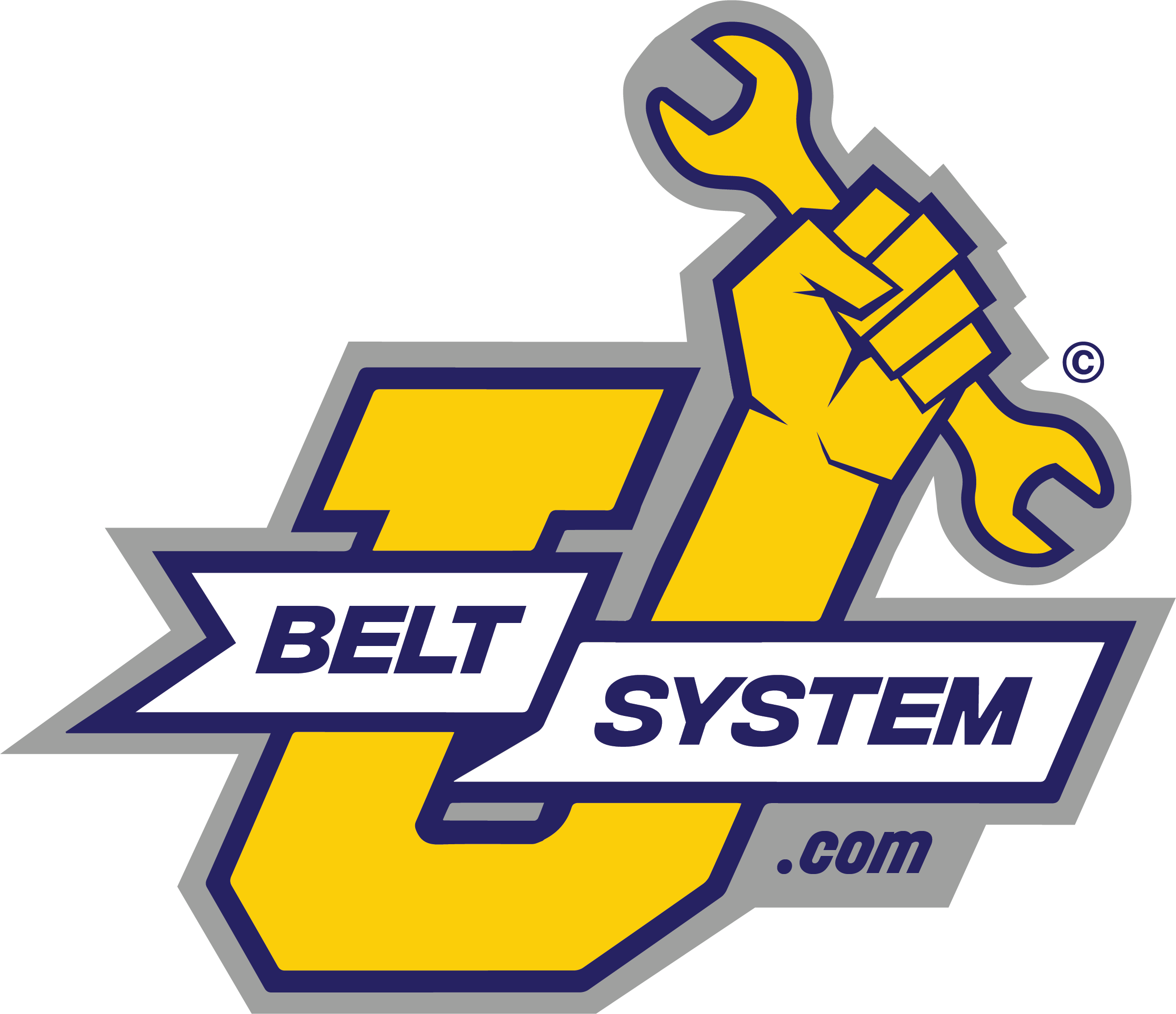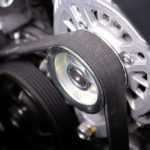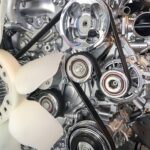If your vehicle has a bad belt tensioner, you should not drive it. A bad belt tensioner is reason enough to perform some DIY mechanical work on your own or consult with an experienced mechanic for assistance. Let’s take a look at why it is not a good idea to operate an automobile with a faulty belt tensioner.
Why Driving With a Bad Belt Tensioner is a Mistake
Driving with a bad belt tensioner is unsafe since the tensioner is meant to guarantee ample tension that powers accessories. Wear on the belt tensioner will eventually cause the belt to slip, generate loud noise, and also create an unsafe level of heat along the accessory pulleys. Furthermore, belt tensioner wear will also decrease accessory performance. This reduced performance will eventually lead to lasting accessory damage.
Even if you are willing to run the risk of accessory damage and diminished performance, you probably won’t enjoy the squealing noise emanating from the compromised belt tensioner. This noise will prove egregiously loud and annoying when it is wet outside. This loud noise is the result of the tensioner’s wear and tear leading to the belt’s loosening and the creation of room between the pulley and belt, a situation that permits water to move in.
The Belt Could Completely Dislodge
If the tensioner’s wear leads to the belt fully dislodging, likely through seizing, each of the components that rely on the belt for power will be lost. This means your vehicle’s air conditioning, alternator, smog equipment, water pump, and power steering will be lost if the belt dislodges. The loss of power steering is likely to cause an accident as you will no longer be able to easily control your vehicle. If the water pump is lost, the engine will likely overheat, suffer damage, and possibly fail. Engine failure will leave you stranded and dependent on others for assistance.
A bad belt tensioner can also lead to the alternator failing to function as designed. The engine’s alternator is meant to power the automobile’s electrical system and also charge the battery while the vehicle is operating. If the alternator does not spin at the optimal rate of speed, its output will decrease and the headlights might dim and other electronic functions might be lost. The last thing you want is to lose your power accessories, vehicle power as a whole, or end up with a dead battery.
When in Doubt, Replace the Worn Belt Tensioner
There is no way to tell how likely it is that your belt tensioner will fail. Compromised belt tensioners can break right away while some might remain functional for a while. However, if you suspect or know the tensioner is flawed, it is in your best interest to stop driving and have this essential component replaced sooner rather than later. Though replacing a faulty belt tensioner certainly costs money, it is better than the alternative of your vehicle’s engine shutting down, the power steering no longer functioning, losing air condition functionality, or ending up with another accessory failing.







thank you for the information
I couldn’t agree more….
Driving a vehicle with a defective timing chain can be dangerous.
The timing chain (or belt), as most of you probably know, is the centerpiece of a car engine.
This is the part that keeps all the moving parts of the engine in sync by linking the camshaft with the crankshaft.
And, guess what… if it comes loose or breaks down… crucial engine components will get damaged.
That’s why, as a car owner, you must be able to recognize the signs of a defective timing chain.
The Quora answer link shared below will help you in this regard.
https://qr.ae/prIh7I
Yes driving with a bad tensioner is very dangerous and unsafe, Sometimes you might not feel it but it may be worst. Thanks for this article it helped me a lot. Also try reading this article https://www.carcarehacks.com/is-it-safe-to-drive-with-a-bad-belt-tensioner/